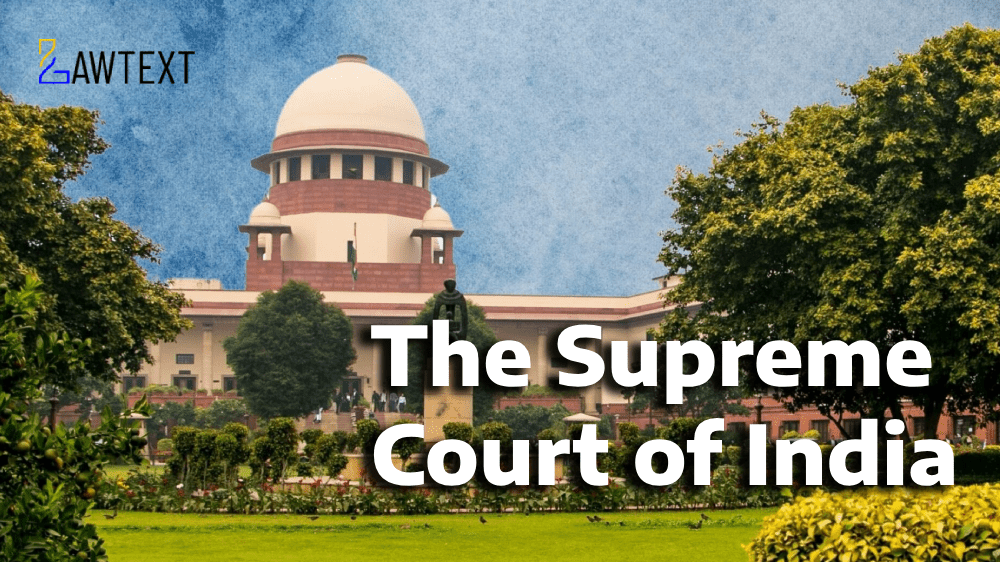Case Note & Summary
The petitioner was convicted for murder under Section 302 IPC and sentenced to life imprisonment. He later claimed juvenility at the time of the crime, requesting a re-evaluation of his age. The court conducted an inquiry to verify his claim. After examining various pieces of evidence, including school records and a family register, the inquiry report concluded that the petitioner was not a juvenile at the time of the incident. Acts and Sections Discussed: Indian Penal Code (IPC), 1860: Section 302 read with Section 34 Juvenile Justice (Care and Protection of Children) Act, 2015: Section 94
Peculiar Circumstances (Para 1):The case arises from a unique situation where the petitioner, convicted of murder in 1982, now claims juvenility.
Conviction and Appeal (Para 2-4):The petitioner was convicted in 1986 and sentenced to life imprisonment. His appeal and special leave petition were subsequently dismissed, confirming his conviction.
High Court PIL and Juvenility Examination (Para 5):Following a PIL, the High Court directed age determination for convicts where there was a possibility of juvenility. The petitioner underwent an age determination test in 2021.
Medical Board’s Report (Para 5):An ossification test conducted suggested that the petitioner was around 56 years old at the time of examination.
Sessions Court Inquiry (Para 6-7):The Sessions Court was directed to verify the petitioner’s juvenility claim. It concluded that the petitioner was born on 2nd July 1960, confirming he was not a juvenile during the incident.
Petitioner’s Argument (Para 8-12):The petitioner’s counsel argued the unreliability of the school records and the authenticity of the family register, claiming juvenility based on the ossification test.
Respondent’s Argument (Para 13-14):The State’s counsel contended that the inquiry report was thorough and that the school records were more credible than the ossification test.
Court’s Analysis (Para 15-19):The court found the school records and the inquiry’s findings credible, rejecting the petitioner’s claim of juvenility.
Legal Basis (Para 20):Section 94(2) of the JJ Act prioritizes school records over ossification tests when determining age.
Judgment (Para 21-22):The writ petition was dismissed as the petitioner was found to be an adult at the time of the crime. All pending applications were also disposed of.
Ratio Decidendi:The court emphasized that according to the Juvenile Justice Act, the school record holds the highest evidentiary value for age determination, and medical opinions like ossification tests are secondary and applicable only in the absence of documentary evidence.
Subjects:Juvenile Justice, Criminal Law, Writ Petition
Juvenility, Age Determination, IPC Section 302, JJ Act, Allahabad High Court
Issue of Consideration: Vinod Katara Versus State Of U.P.
Premium Content
The Issue of Consideration is only available to subscribed members.
Subscribe Now to access critical case issues





